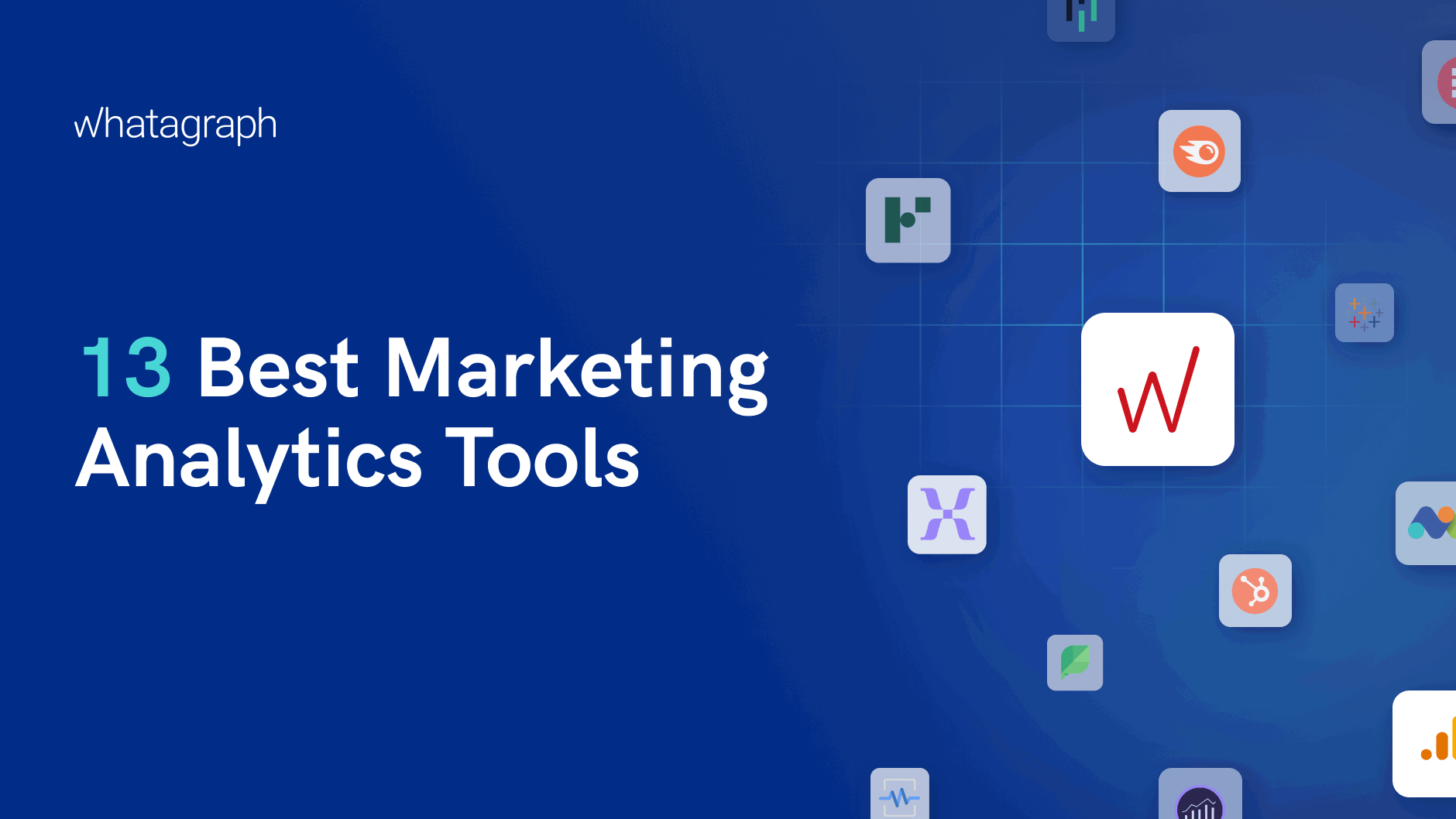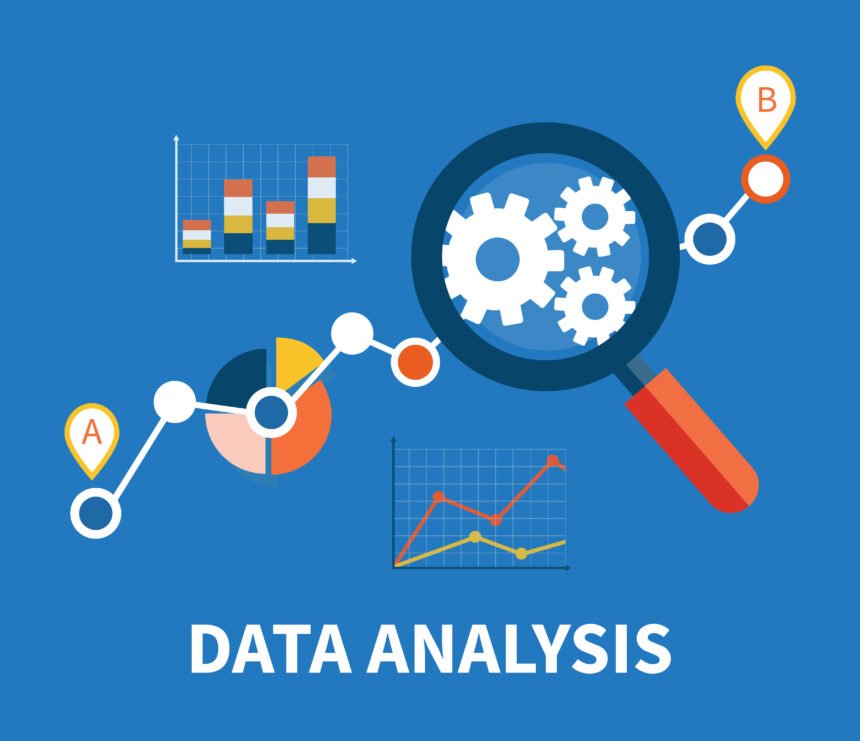Improve ROI and Effectiveness With Strategic Analytics Planning
Improve ROI and Effectiveness With Strategic Analytics Planning
Blog Article
Make The Most Of Growth: How Analytics Drive Better Approaches
By harnessing data understandings, organizations can refine their operational strategies, anticipate market modifications, and enhance client involvement. The difficulty exists not just in accumulating data but in successfully analyzing it to drive tangible outcomes.
Comprehending Data Analytics
Information analytics is an organized computational analysis of data that enables organizations to discover significant patterns and understandings. This procedure incorporates a selection of techniques, including statistical analysis, predictive modeling, and data mining, which collectively aim to change raw data into actionable information - Analytics. By employing these methods, companies can make enlightened choices that are rooted in empirical proof instead than instinct alone
The structure of data analytics hinges on its capability to deal with large amounts of info from diverse sources. This includes organized data, such as databases, and unstructured data, consisting of social media communications and consumer responses. With the use of specialized software application and tools, analysts can remove and refine this data efficiently, identifying fads and relationships that might not be quickly evident.
Comprehending data analytics also entails identifying the value of data quality and honesty. Exact and trustworthy information is critical for significant analysis; hence, companies should implement durable data administration methods. The repetitive nature of analytics enables for constant refinement and renovation of approaches, making certain that organizations remain active in the face of altering market characteristics and consumer habits.
Key Benefits of Analytics

One of the crucial advantages of analytics is its capacity to provide actionable insights. Organizations can rapidly examine substantial quantities of data, uncovering patterns that may not be promptly noticeable. This aids in preparing for market changes and adjusting strategies accordingly. Additionally, analytics fosters a culture of evidence-based decision-making, reducing reliance on instinct and uncertainty.
One more significant benefit is enhanced consumer understanding. Analytics devices allow services to section their audience, track consumer habits, and personalize advertising and marketing initiatives. This targeted strategy not just boosts client engagement but additionally drives greater conversion rates.

Implementing Analytics Approaches
To fully recognize the advantages of analytics, organizations have to adopt organized strategies for application. This starts with clearly defining purposes that align with wider organization goals. By establishing certain, measurable outcomes, companies can concentrate their analytics efforts on areas that generate the highest possible roi.
Next, companies need to prioritize data administration to make certain the integrity and protection of the data being evaluated. This includes establishing protocols for data collection, storage, and gain access to while sticking to pertinent regulations. Guaranteeing high-grade data is vital for creating purposeful understandings.
Furthermore, fostering a society of data-driven decision-making is necessary. This calls for training employees to analyze analytics searchings for and encouraging collaboration throughout divisions. They are more most likely to incorporate understandings right into he has a good point their day-to-day procedures. when teams understand the value of analytics.
Finally, companies need to routinely examine and improve their analytics methods. The landscape of information and technology is consistently developing, and remaining versatile will enable organizations to take advantage of brand-new devices and approaches effectively. By carrying out these structured methods, organizations can make the most of the impact of their analytics campaigns and drive lasting growth.
Devices for Efficient Analysis
Reliable evaluation depends on a variety of tools that facilitate the removal of understandings from information - Analytics. These tools can vary from basic spreadsheet applications to sophisticated device discovering systems, each check here serving a special function in the logical procedure
Data visualization software application, such as Tableau and Power BI, plays a crucial role in transforming complicated datasets right into easy to understand graphical depictions. These tools allow experts to determine patterns and trends swiftly, enabling more enlightened decision-making.
Statistical evaluation software program, like R and SAS, offers sophisticated abilities for carrying out extensive analyses, including regression, theory testing, and predictive modeling - Analytics. These features encourage companies to draw meaningful conclusions from their information, identifying possible chances and dangers
Furthermore, data source management systems such as SQL and NoSQL databases supply the necessary infrastructure for storing and querying big quantities of data successfully. They make certain that data is organized and accessible for analysis.
Lastly, business knowledge systems here incorporate various data sources, providing a comprehensive view of organizational efficiency. By using these devices successfully, services can enhance their analytical capabilities, enabling them to create approaches that make the most of growth and improve total efficiency.
Situation Research Studies of Success
Effective organizations frequently take advantage of data analytics to drive impactful methods, as shown by several noteworthy case researches. By employing these insights, Netflix has actually successfully tailored its material referrals, resulting in increased user engagement and subscriber retention.

In addition, Starbucks employs data analytics to identify optimal shop places and fine-tune its product offerings. By checking out customer demographics and acquiring patterns, Starbucks effectively identifies high-potential markets and customizes its menu to neighborhood preferences, driving sales and client commitment.
These instance research studies show that efficient usage of information analytics can lead to critical advantages, promoting technology and growth within companies across various industries.
Conclusion
In final thought, the assimilation of analytics right into organizational methods considerably enhances decision-making procedures and cultivates sustainable development. The effective execution of analytics tools better sustains agility and innovation, making it possible for companies to navigate affordable landscapes with better precision.
Data analytics is an organized computational analysis of information that makes it possible for companies to uncover significant patterns and understandings.Comprehending information analytics also involves recognizing the relevance of data top quality and honesty. Accurate and trustworthy information is important for purposeful evaluation; therefore, organizations should execute durable information governance techniques.Following, organizations need to focus on data governance to guarantee the stability and safety of the information being evaluated.Effective organizations commonly utilize data analytics to drive impactful approaches, as shown by a number of significant situation research studies.
Report this page